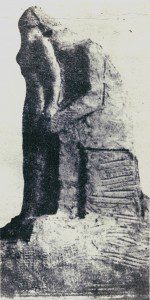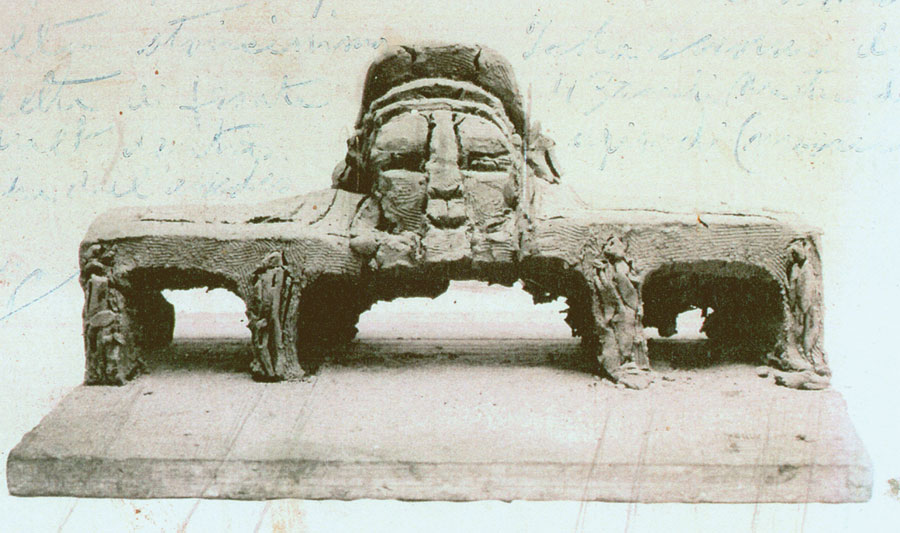French sculptor Auguste Rodin (1840–1917) is the progenitor of modern sculpture. He rebelled against idealised forms in order to express the inner truths of humanity in his artworks. His successors went on to challenge his work, continuing to explore the aesthetic revolution he had started. Key examples include Henry Moore (1898–1986), Alberto Giacometti and the largely undiscovered Swiss sculptor Hans Josephsohn (1920–2012).

These artists were studied alongside Maltese sculptor Josef Kalleya (1898–1998) at the conference entitled ‘Peripheral Alternatives to Rodin in Modern European Sculpture’ (December, 2015). The international speakers created significant links between works by renowned sculptors and Kalleya, who has been poorly understood by his contemporaries and is unknown outside Malta. Kalleya developed unique methods of creating photomontages alongside the innovative use of a knife to create powerful visceral incisions as a means of moulding his sculptures. He managed to create a new aesthetic.
The conference brought scholars from all over Europe to discuss these and other European sculptors. The scholars debated topics from the mutation of the human form to an artist’s sense of heritage. The event focused on pioneering sculptors who went beyond their current socio-political context. It also helped place Malta’s own Kalleya deservedly on the international map.
The conference and exhibition were organised by the Department of History of Art, Faculty of Arts, University of Malta. The events were convened by Dr Giuseppe Schembri Bonaci and curated by Nikki Petroni. Other participants included Dr Sophie Biass-Fabiani (Musée Rodin, Paris), Dr Jon Wood (Henry Moore Foundation, Leeds), Barbara Vujanović (Atelijer Meštrović, Zagreb), Dr Julia Kelly (Loughborough University), and Ulrich Meinherz (Kesselhaus Josephsohn, St Gallen).





Comments are closed for this article!